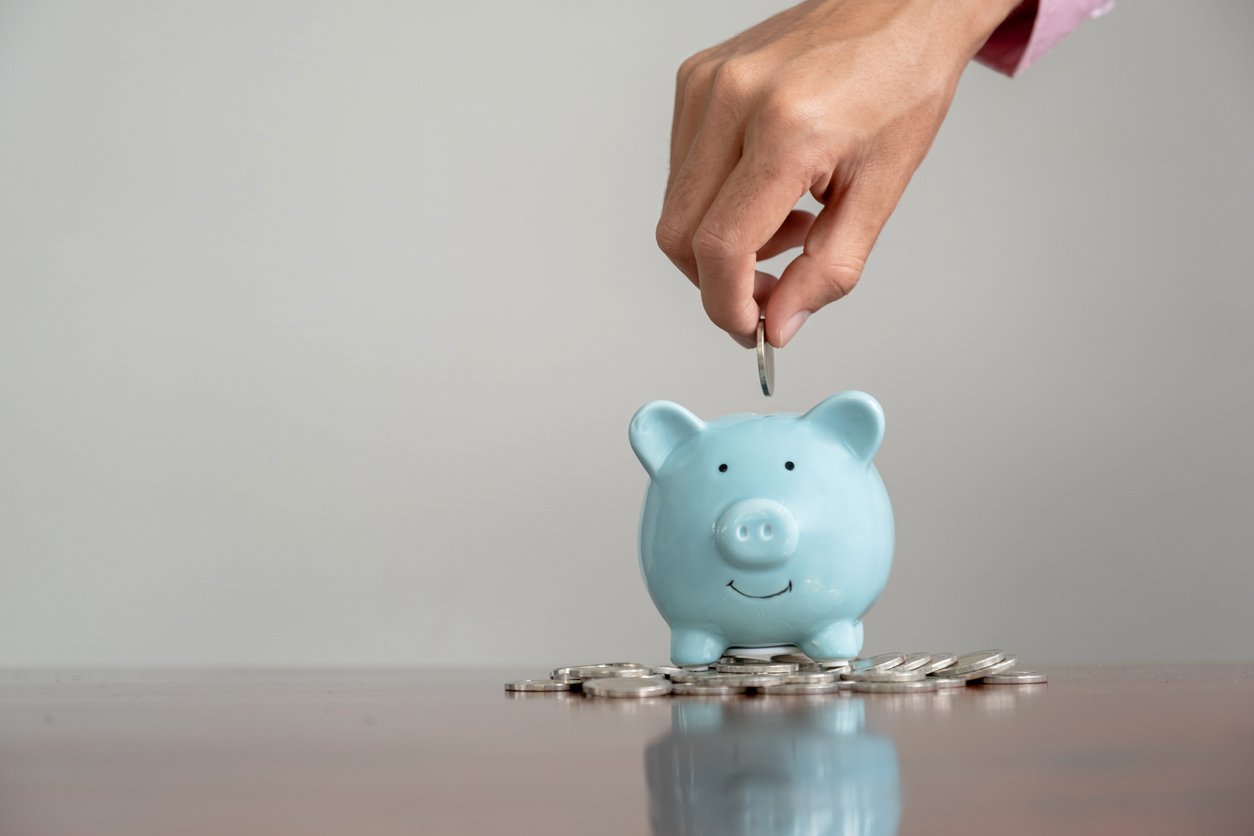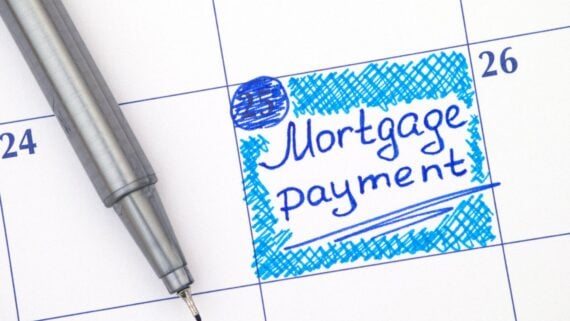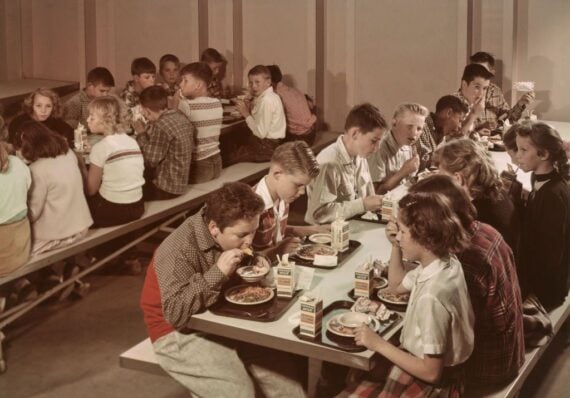If you own a home, you’re probably used to watching a big chunk of your paycheck disappear every month due to mortgage payments. But what if adding just a little more could save you tens of thousands of dollars — and cut years off your loan?
That’s not a trick question or false promise; it’s the reality for homeowners who make extra payments on their mortgage. You don’t need a six-figure salary or some fancy finance degree to make it work, either. A few smart tweaks can speed up your payoff date and leave you with way more money in the long run.
How It Works

When you make your regular mortgage payment, part of it goes to the principal (what you owe) and part goes to interest (the bank’s reward for loaning you money). Early in your loan, most of your payment goes toward interest — not your actual balance.
Here’s an example: You own a house with a $360,000 mortgage at 6.25% interest. Your monthly payment is about $2,220. Most of your payments in the first year goes toward interest. If you add just one extra payment of $2,220 to the principal, you could cut roughly five years off a 30-year loan and save tens of thousands in interest, according to experts at Treadstone Mortgage.
The Trick: Make It Manageable

The idea of paying a whole extra mortgage payment each year might sound impossible (trust us, you aren’t alone if the very thought of that overwhelms you), but spreading it out makes it doable. In the case above, you don’t have to drop that entire extra payment of $2,200 in one month. Break it up into 12 smaller amounts — about $185 extra per month in this example — and you’ll reach the same payoff goal with less strain on your budget.
Whether you tack a little onto each month, make an extra payment once a year, or use surplus funds like tax refunds or work bonuses, it all goes toward your principal balance (instead of getting drained by interest) and accelerates your payoff.
Other Ways to Speed Things Up

If you have more room in your budget or get a financial windfall, you can also:
- Make a lump-sum principal payment to instantly reduce your balance. If you’re going to do this, though, we recommend calling your mortgage provider and having an agent help you allocate the payment appropriately.
- Switch to biweekly payments — 26 half-payments a year equals 13 full payments instead of 12.
- Recast your mortgage. Some lenders will recalculate your monthly bill after a big principal payment, lowering your payment without changing the interest rate.
What to Watch Out For

Before sending extra money, confirm with your lender that it’s applied directly to the principal. Some servicers automatically treat extra funds as prepayments for the next month. A quick call or online note can prevent that mistake.
Also, while paying down your mortgage is a safe, guaranteed way to save, it’s not for everyone. High-interest credit cards, student loans, or building an emergency fund should take priority before you throw extra cash at your home loan.
More housing content:

- Home Buying Blunders: 10 Rookie Mistakes To Avoid When Buying a House — Buying a home will likely be the most expensive decision of your life. Here are the mistakes you should avoid.
- 7 Biggest Ripoffs To Avoid When Buying a House — Plus, tips on how to identify and prevent these scams.
- 5 Projects That Boost Home Value — and 5 Cheap Alternatives — Some home improvement projects pay off more than others when it comes time to sell.




